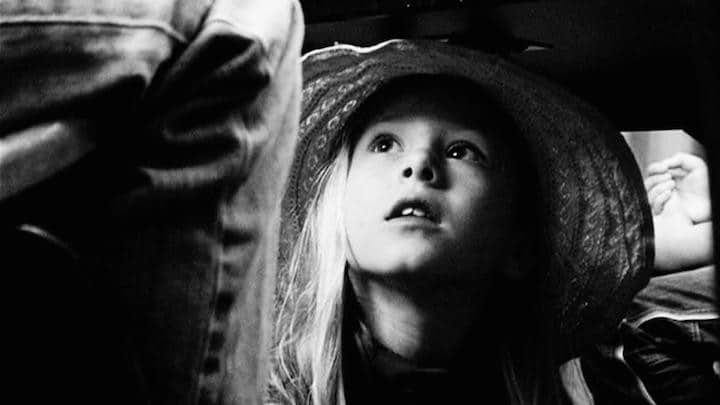The 100 Most Necessary Documentaries to Stream on Netflix This April

Rather than update our original list of the 100 Best Documentaries on Netflix whenever a film expires or is added, we’d like to post a new version each month to keep things tidy and less confusing. And to make it even nicer for all of you, we’re going to note everything that has joined or left the guide.
This month, I’m excited to be adding my current fa…



